The 6 steps to install spotlights in a ceiling
Discreet, modern, and efficient, recessed spotlights have become essential for enhancing an interior. Whether in a kitchen, living room, or bathroom, their installation requires some technical steps not to be overlooked. Wondering how to install spotlights in a ceiling without making mistakes? In this step-by-step guide, we accompany you from preparing the equipment to the final connection. Follow our practical advice to successfully complete your ceiling spotlight installation safely.
Step 1: Prepare the installation
First of all, good preparation is essential to ensure an effective, clean, and safe installation. This step saves you time and avoids any unpleasant surprises once the work has started.
Cut the electrical power
Before any work on the circuit, remember to cut the power from the main breaker. Then check for absence of voltage using a tester. This safety step is essential to work calmly on the cables.
Check the type of ceiling
The type of ceiling determines the feasibility and installation method:
- False ceiling (plasterboard, BA13): this is the ideal support for a recessed ceiling light installation. It drills easily and allows electrical cables to pass through without difficulty.
- Concrete or solid ceiling: installing recessed spots is more complex. Prefer surface-mounted spots or a ceiling spot installation on a rail if recessing is impossible.
Choose the right equipment
Here is the list of necessary equipment to install your spots independently:
- Recessed spots suitable for your ceiling
- Hole saw of the diameter corresponding to the spots
- Drill and screwdriver
- Electrical cables, wire nuts or quick connectors
- Insulated screwdriver and wire stripper
- Junction box (if needed) to centralize connections
By gathering these elements before starting, you maximize your chances for a simple and controlled installation.

Step 2: Determine the location of the spots
Once your equipment is gathered, it's time to plan the layout of the spots. First, start by defining the number of spots needed based on the room's surface area. For this, we invite you to consult our complete guide: How to calculate the number of spots per m²?.
Effective lighting relies on a consistent and even distribution of light points. Poorly positioned spots can create shadow areas or unbalanced lighting. Here are some simple rules to follow for an optimal result:
- Recommended spacing: allow about 1.5 meters between each spotlight for even light distribution.
- Distance from walls: maintain a minimum distance of 50 cm to avoid halo effects on the walls.
- Check constraints: make sure no beam, duct, or insulation obstructs the installation in the ceiling.
- Precise marking: use a pencil, laser level, and tape measure to accurately mark each location. Perfect alignment of the spotlights contributes as much to the aesthetics as to the lighting performance.
Step 3: Drill and prepare the ceiling
Once the locations are marked, it is time to proceed with the cutting. Use a hole saw of the diameter suitable for your recessed spotlights – this dimension is usually indicated on the product's technical sheet.
Position the saw at the center of the marking and drill slowly to avoid damaging the drywall or causing chips. If your ceiling is BA13 or drywall, be careful not to hit electrical cables or metal rails behind the partition.
In the case of a false ceiling containing insulation, it is strongly recommended to install a recessed box. This protects the spotlight from the heat of the insulation, ensures good ventilation, and prevents any risk of overheating. Some spotlight models are even sold with their own integrated thermal protection.
This step is essential to ensure a clean, safe, and durable installation.
Step 4: Connect the spotlights to the electrical circuit
Electrical wiring is an essential step of the installation. It must be done precisely and in compliance with safety standards to ensure optimal operation and avoid any electrical incident.
Run the electrical cables
If you are starting from a new installation, run the electrical cables through the holes drilled in the ceiling. For a series connection, you will need to provide a wire linking each spotlight to the next. Make sure to anticipate the necessary length to allow easy connection at each light point.

Connect the spotlights
Here are the steps to correctly connect ceiling spotlights:
- Strip the wires about 8 to 10 mm using an appropriate plier.
- Connect the conductors (live, neutral, and earth if necessary) with certified terminal blocks or quick connectors.
- Check that each connection is properly tightened and secured in the junction box.
- Respect the color codes: blue for neutral, red or brown for live, yellow/green for earth.
If you are not comfortable with electrical handling, it is always recommended to call a qualified professional.
Step 5: Fix the spotlights in the ceiling
Once the connections are made, all that remains is to install the spotlights in the designated locations. This final step ensures the fixtures are securely held and allows you to verify their proper functioning.
Insert the spotlights
Position each spotlight at the drilled hole, then gently push until the mounting clips open and hold the spotlight firmly in the ceiling. This clip system is designed to ensure quick installation without additional tools.
Check alignment and test the lighting
Once all the spotlights are inserted, turn the power back on and check that each light point turns on correctly. If a spotlight does not work:
- Check that the electrical connection is properly made.
- Test with another compatible LED bulb to rule out a bulb defect.
Also make sure the spotlights are well aligned for a clean and harmonious visual result.
Step 6: Bonus tips for a successful installation
To get the most out of your lighting fixtures and ensure a reliable installation over time, here are some additional recommendations to consider:
- Choose LED spotlights: more economical and durable than halogens, they offer excellent light output while consuming less energy. Discover our collection of LED spotlights for efficient and long-lasting lighting.
- Ensure good ventilation around the spotlights, especially when insulation is present. This prevents any risk of overheating or premature deterioration.
- Add a dimmer to adjust the light intensity according to the time of day and the desired ambiance.
-
Prefer adjustable spotlights if you want to direct the light to a specific area: reading corner, painting, work surface, etc.

Should you call a professional?
If you are not comfortable with electrical work or if your ceiling has technical constraints (material, insulation, complex false ceiling), calling a professional is highly recommended. This ensures a compliant and safe installation that is durable over time.
You are ready to install your spotlights! Thanks to this comprehensive guide, you now have all the key steps to install spotlights in a ceiling safely and precisely. From choosing the equipment to the final fixing, every detail matters to achieve a harmonious and effective result. Whether you are an experienced DIYer or a motivated beginner, recessed lighting is now within your reach.
Ready to take action? Discover our collection of recessed, adjustable, or surface-mounted LED spotlights and find the model perfectly suited to your project.

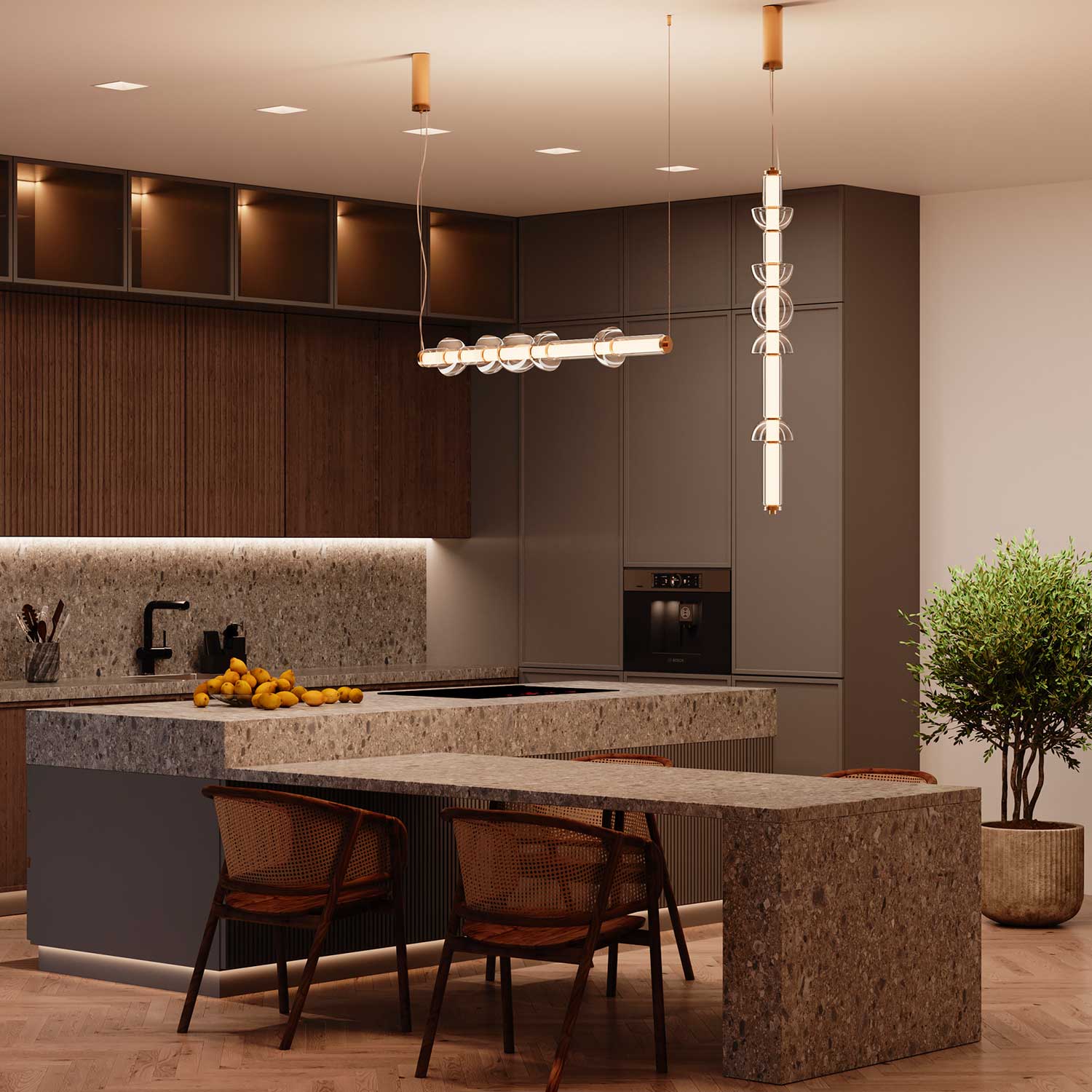
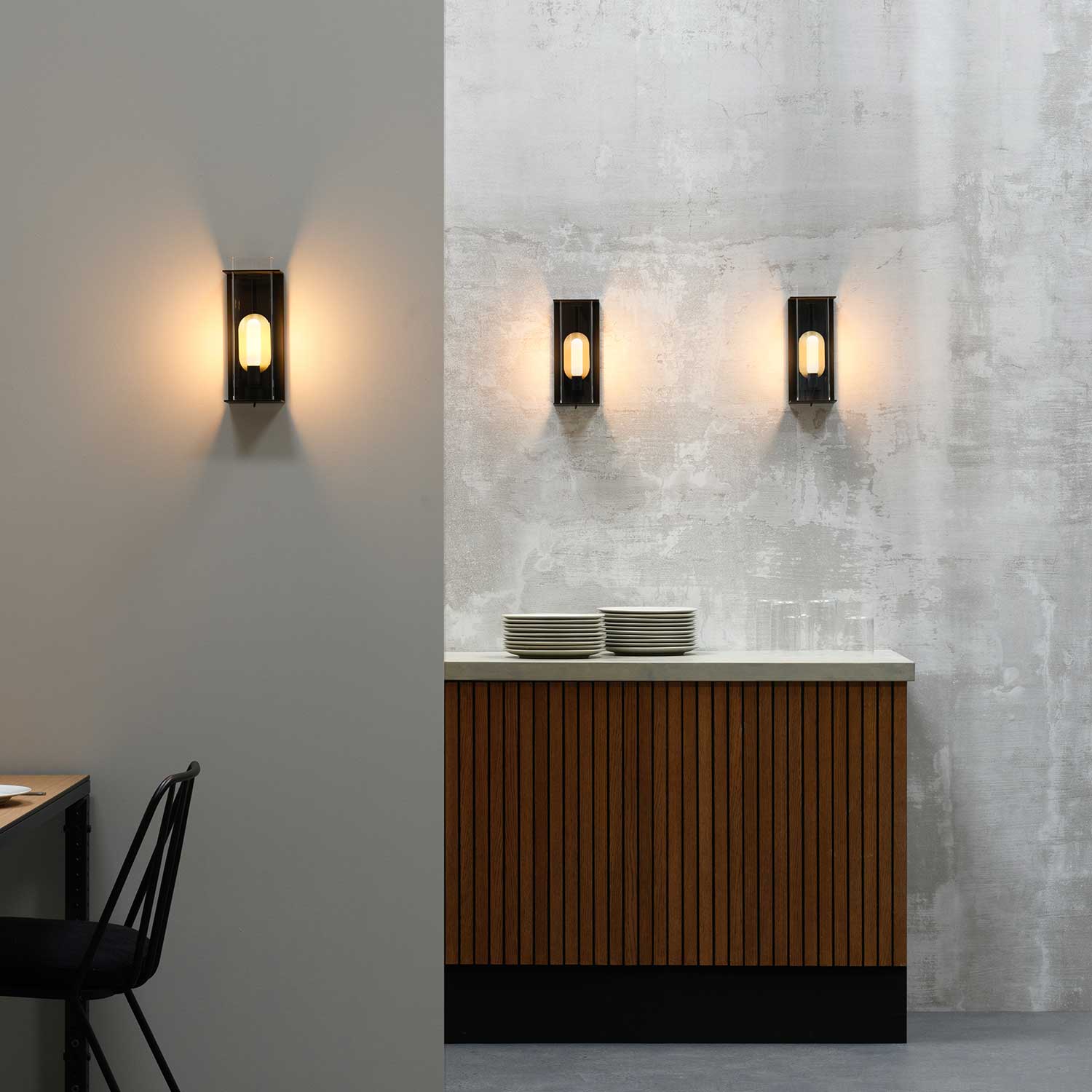
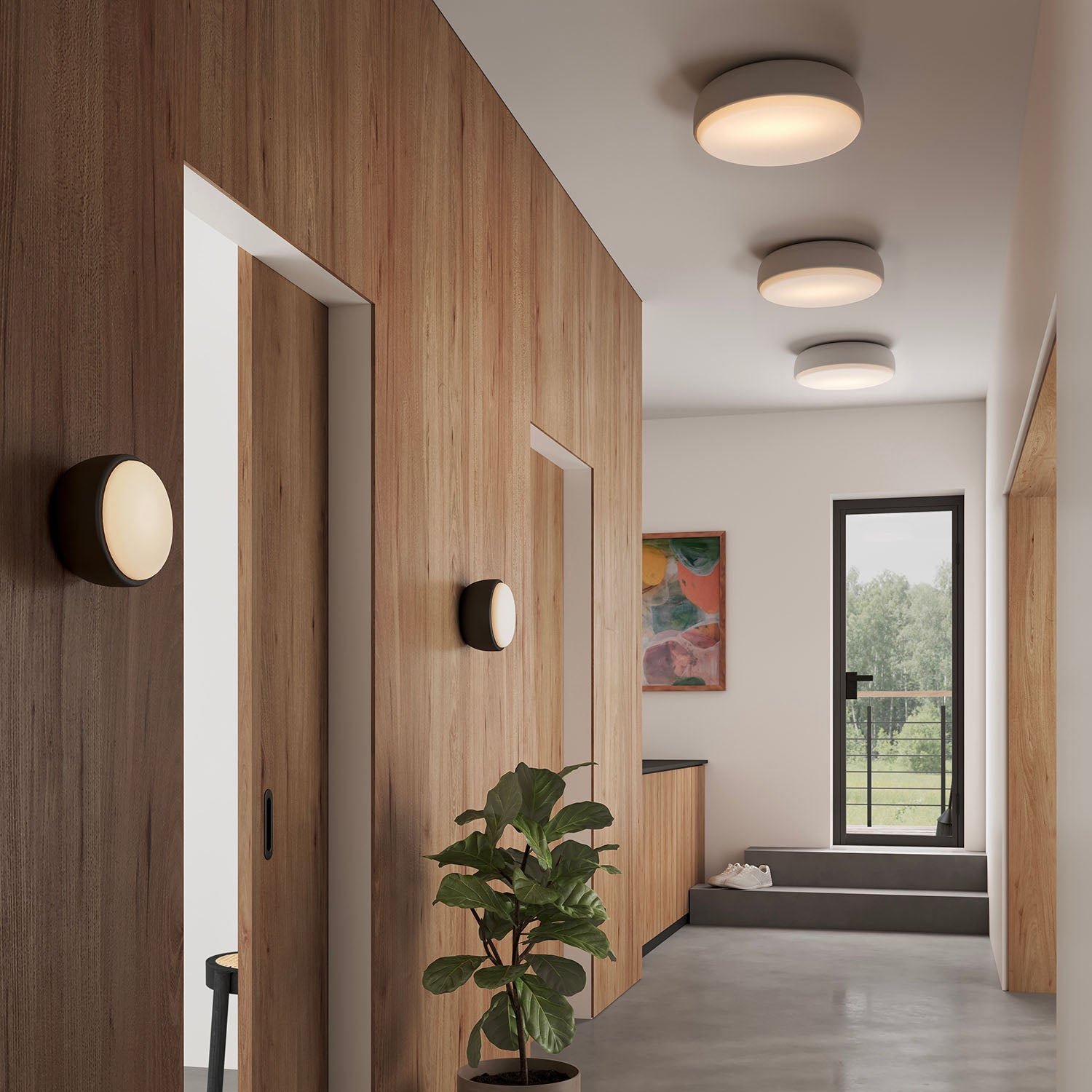
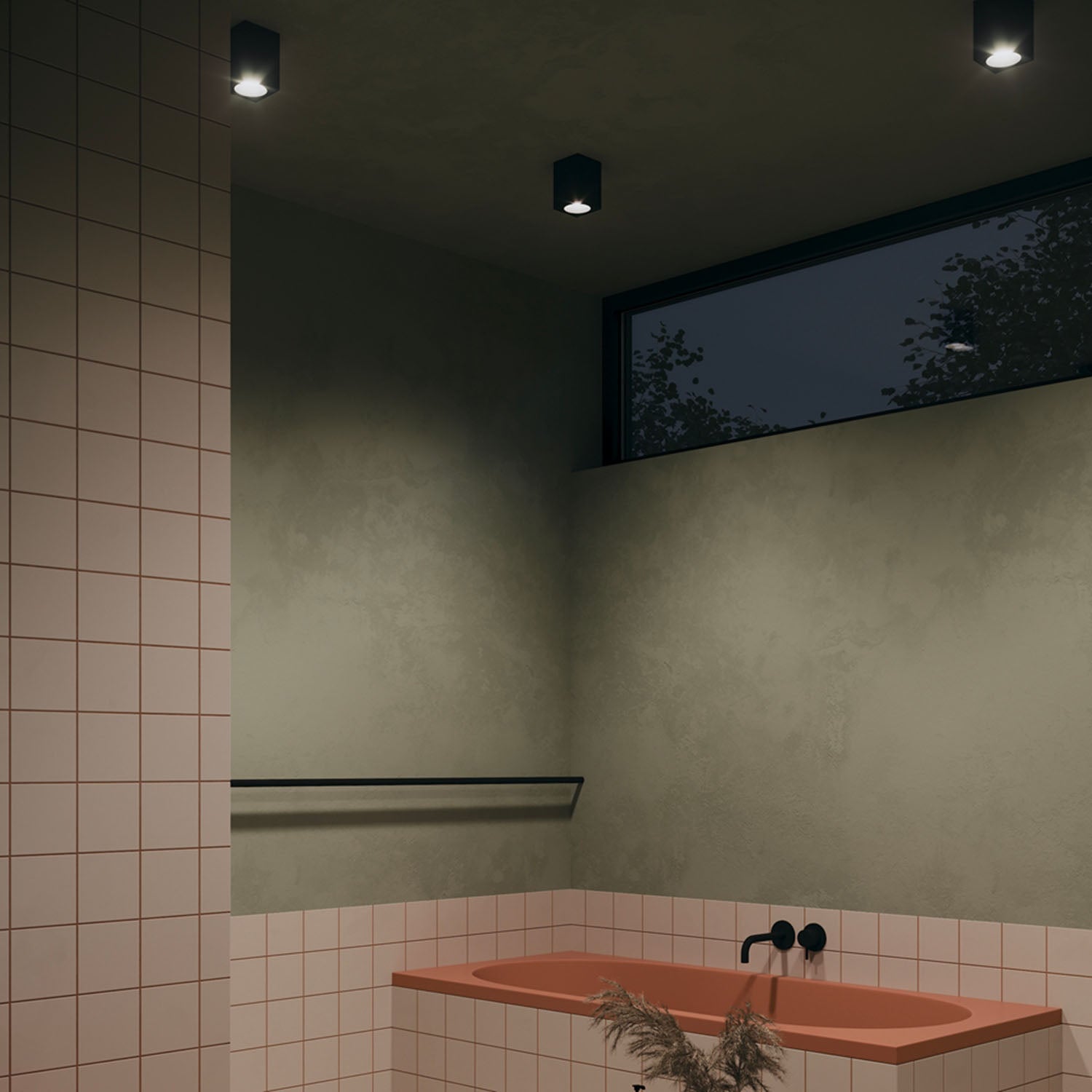
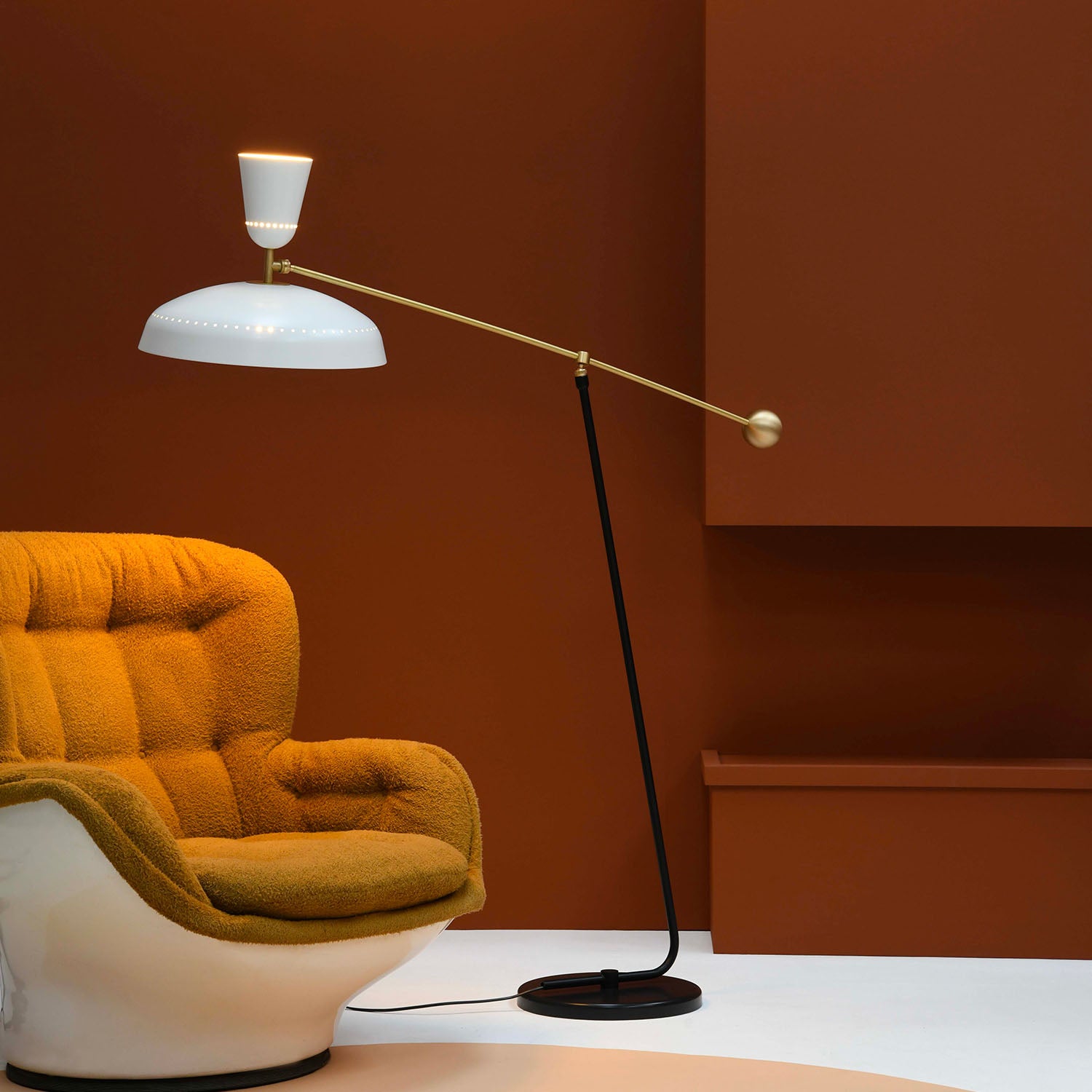
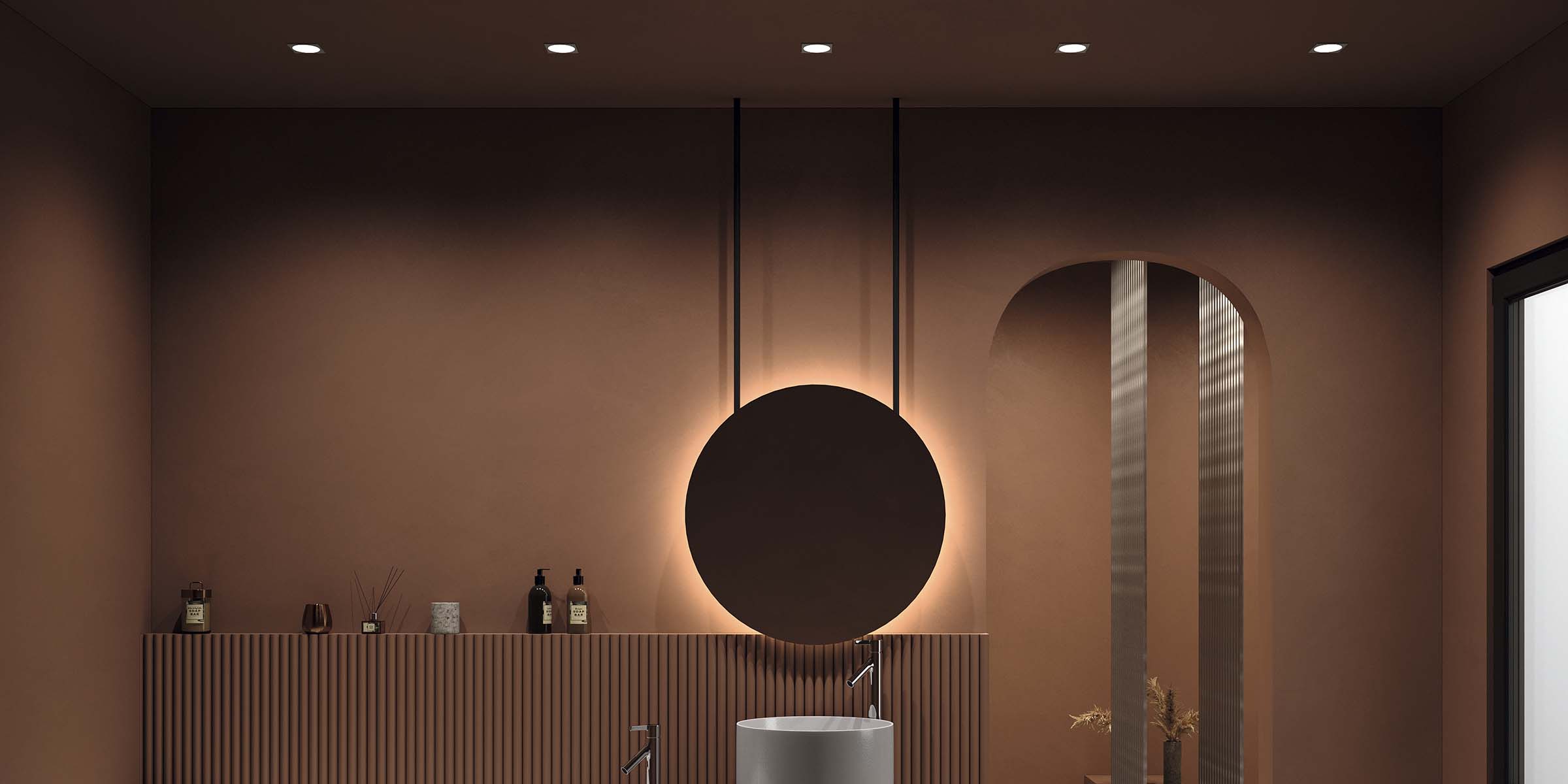
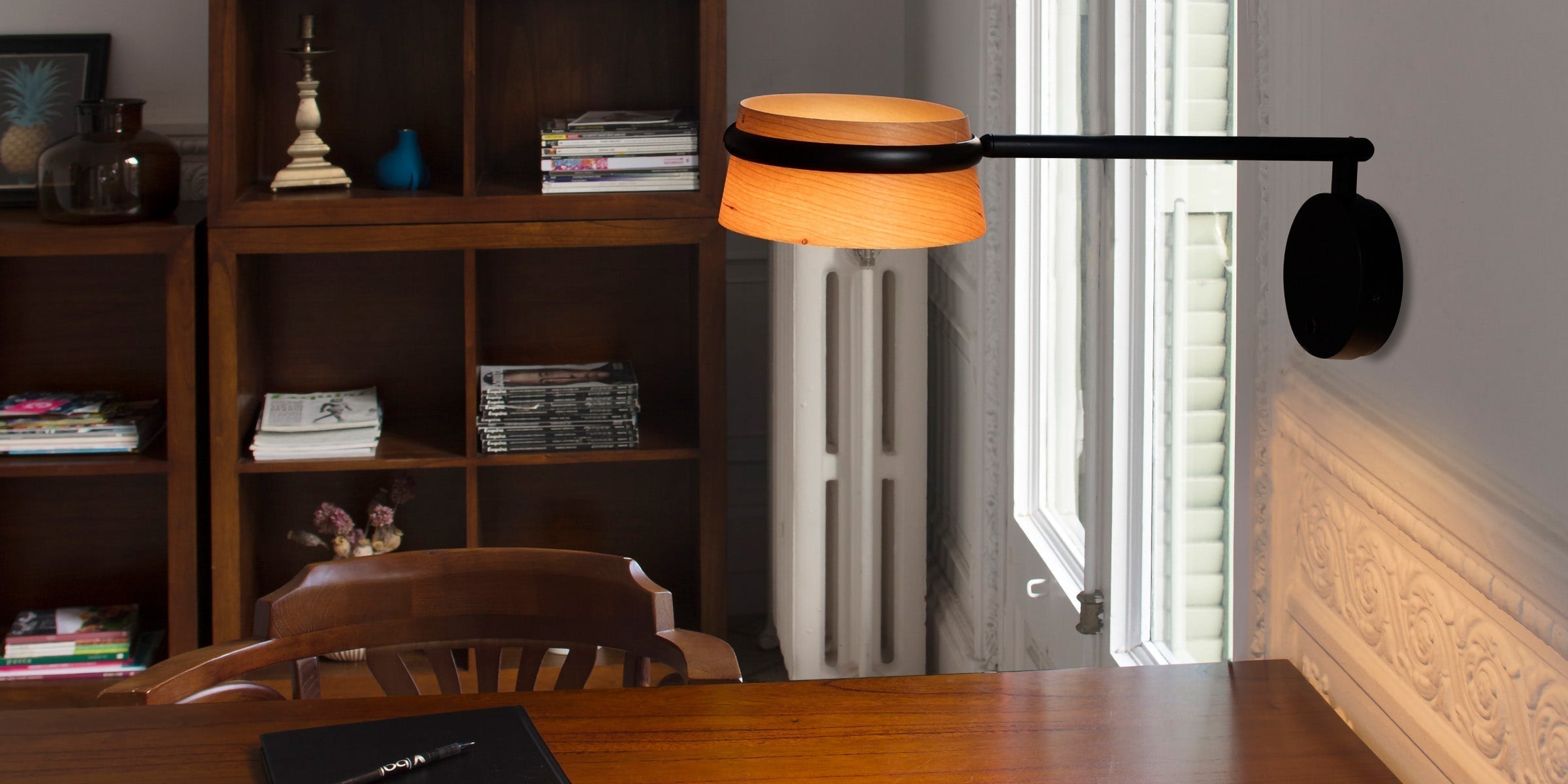
Leave a comment
This site is protected by hCaptcha and the hCaptcha Privacy Policy and Terms of Service apply.